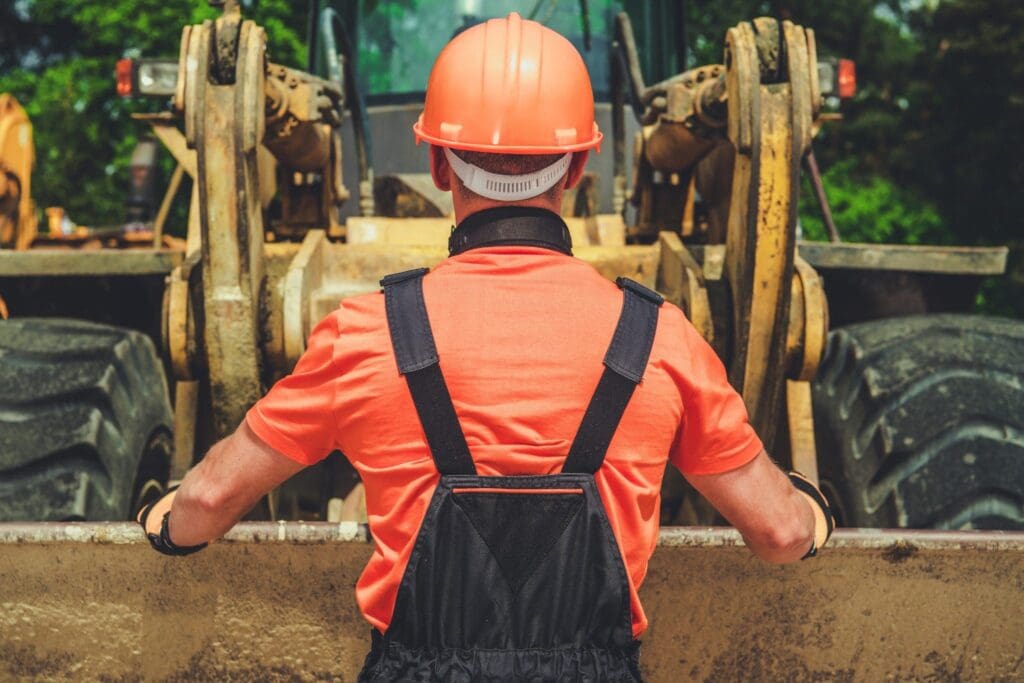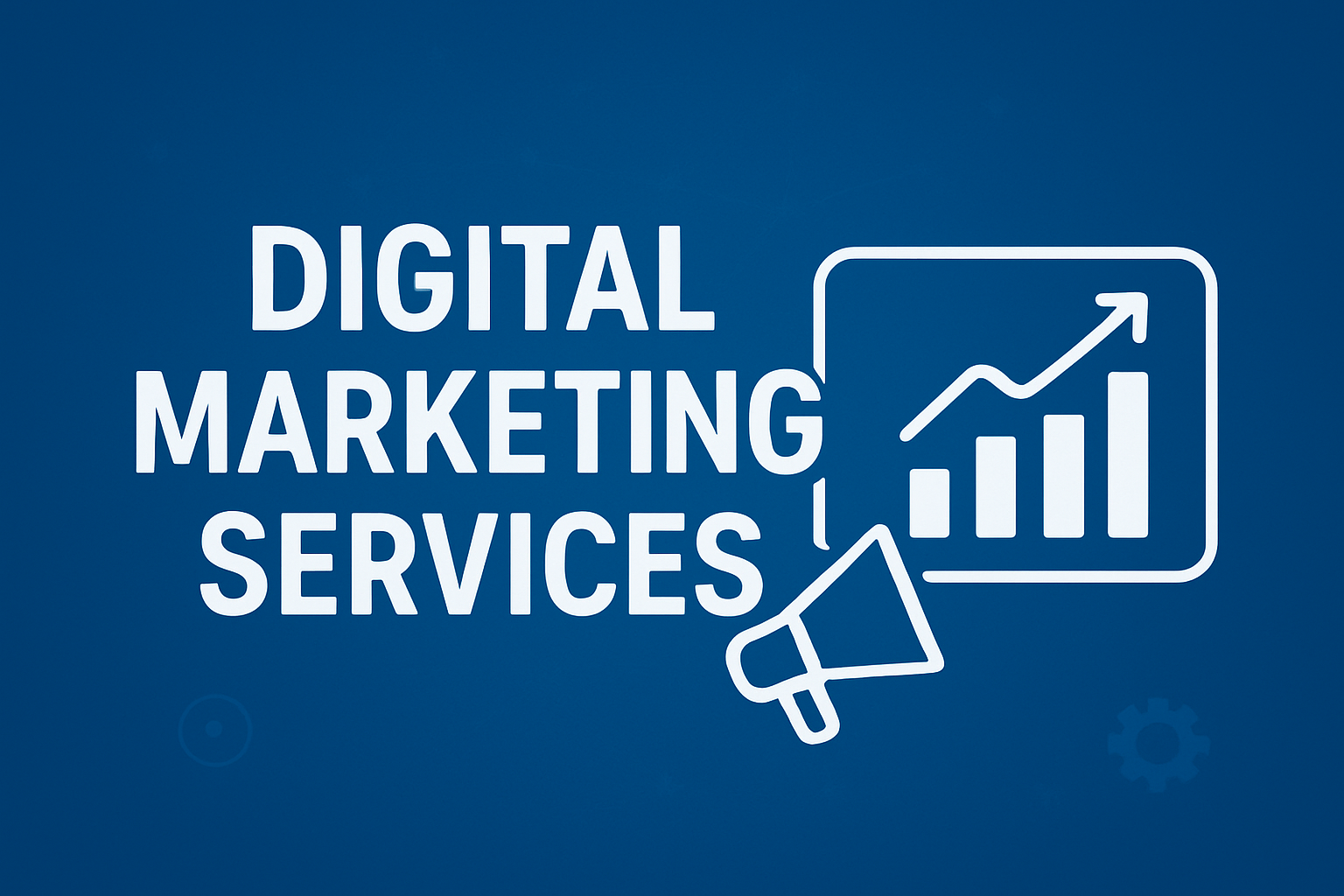How to start a career in heavy industry

People who enjoy working with their hands, traveling on adventures, and having consistent employment may discover that pursuing a career in heavy industry is the ideal option for them. There are numerous employment opportunities available in the heavy sector, ranging from construction and mining to offshore energy. This field can lead to intriguing careers in Australia and throughout the world that pay well and offer opportunities for long-term career advancement.
Why heavy industry matters
Heavy industry is critical for the development of economies and civilizations. It encompasses mining, oil and gas, construction, manufacturing, and energy production. Basic necessities such as energy, shelter, and transportation would be impossible to provide without the expertise of these professionals.
Heavy industry in Australia does more than only meet local demands; it also boosts exports. Mining and oil are still two of the country’s most valuable commodities; therefore, there is always a demand for skilled personnel.
Skills you need
To begin working in heavy industries, you must possess more than simply physical strength. Companies want people who are tough and can deal with stress, but they also want people who are tech savvy, problem solvers, and prioritize safety.
Some key abilities include:
- Mechanical knowledge – Entails understanding how tools and machines operate.
- Teamwork – Entails working with others in difficult situations.
- Safety awareness – Entails adhering to regulations in order to prevent mishaps.
- Adaptability – Adaptability entails being willing to work in remote locations or under unpredictable conditions.
Employers value hands-on experience and a drive to learn; however, formal training or an apprenticeship can also provide these skills.
Pathways into heavy industry
There are several techniques for getting started in heavy industry. Apprenticeships or traineeships, which allow you to work while still receiving credentials, are one of the most common methods. These can include everything from welding and electrical work to drilling and constructing.
Another excellent option in Australia is vocational education and training (VET) programs. TAFE and other training institutions offer nationally recognized courses in mining operations, engineering, and occupational health and safety.
Certain avenues lead to career opportunities in offshore sectors for persons who want to work abroad. If you wish to work in heavy industry in other countries, for example, you need to learn how to obtain a position on an oil rig.
Types of jobs available
Employment in the heavy industry varies greatly between sectors. Here are a few of the most common jobs:
- Construction workers – Build roads, bridges, and houses.
- Mining operators – Work at sites where minerals are excavated and processed.
- Welders and fabricators – Create and repair industrial facilities.
- Engineers – Are responsible for organizing, developing, and overseeing complex projects.
- Oil and gas crew members – Crew members for oil and gas operations who assist with drilling and production offshore.
A number of these professions do not require a college degree, making them interesting to Australians seeking a direct, hands-on career path.
Benefits of working in heavy industry
Heavy industry occupations might be difficult, but they are well paid.
- High earning potential – Many jobs pay much above average, particularly in mining and offshore oil.
- Job security – There is always a demand for qualified employees.
- Career progression – With experience, workers may advance to supervisory or managerial positions.
- Global opportunities – Australians can work abroad because their abilities can be applied in other nations.
Offshore oil drilling rigs are particularly appealing to persons who enjoy taking risks. Job seekers may consider looking at overseas opportunities where salary can be much higher than in their home country, such as working on oil rigs.
Challenges to expect
Heavy industry, like any other demanding career, has its unique set of challenges. The profession entails long shifts, working far away, and physically difficult jobs. As a result, workplace training and strict guidelines are quite important.
Another issue that may arise is work-life balance, particularly for those who work fly-in, fly-out (FIFO) or offshore. Many workers, on the other hand, believe that the time between shifts is a fantastic opportunity to spend with family and friends.
Tips for getting started
Here are some helpful activities to do if you truly want to begin a career in heavy industry:
- Get certified – Sign up for a class that will teach you the skills you need.
- Build experience – Gain experience by starting with entry-level positions to gain a feel for things.
- Network – Attend events or participate in online forums to meet others in your field.
- Stay fit and healthy – Physical strength makes difficult tasks easier.
- Keep learning – More training will lead to better work opportunities.
Conclusion
Heavy industry is not for everyone, but if you enjoy working hard, being well compensated, and having the opportunity to make a difference, it’s a wonderful alternative to consider. Australians have many alternatives, ranging from local construction projects to global offshore oil rigs. Anyone can have a successful future in this crucial sector provided they gain the necessary skills, stay safe, and are eager to take on new challenges.
For More Information visit: canberramagazine & dailypost

